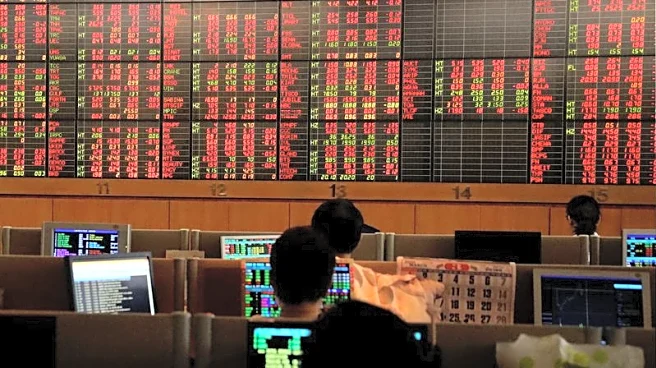Rapid Read • 7 min read
Shanghai, located in the Yangtze River Delta, has transformed from a small fishing village into one of the world's largest financial centers. The city's history spans over 6,000 years, beginning with its early inhabitants who relied on fishing and hunting. Over centuries, Shanghai developed into a significant trading port, especially during the Qing dynasty. The city became a treaty port after the First Opium War in 1843, leading to foreign concessions and rapid industrial growth. In the 1990s, under Deng Xiaoping's economic reforms, Shanghai was designated as a key driver of China's commercial renaissance, further accelerating its development.
AD
Shanghai's transformation into a major financial hub has significant implications for China's economy and global trade. As a center for commerce and industry, Shanghai contributes substantially to China's GDP and serves as a gateway for international business. The city's openness to foreign investment and its strategic location have made it a focal point for economic activity in Asia. This evolution reflects broader trends in China's economic policies and its integration into the global market, impacting industries and stakeholders worldwide.
Shanghai is expected to continue its growth as a financial and cultural center, attracting more international businesses and investments. The city's development plans include expanding its infrastructure and enhancing its role in global trade. Stakeholders such as government officials, business leaders, and international investors will likely focus on leveraging Shanghai's strategic advantages to further boost economic growth and innovation.
Shanghai's history highlights the cultural and social dynamics that have shaped its identity. The city's blend of colonial architecture and modern skyscrapers reflects its unique cultural heritage and openness to Western influences. This cultural diversity continues to influence Shanghai's social fabric and its role as a cosmopolitan metropolis.
AD
More Stories You Might Enjoy













